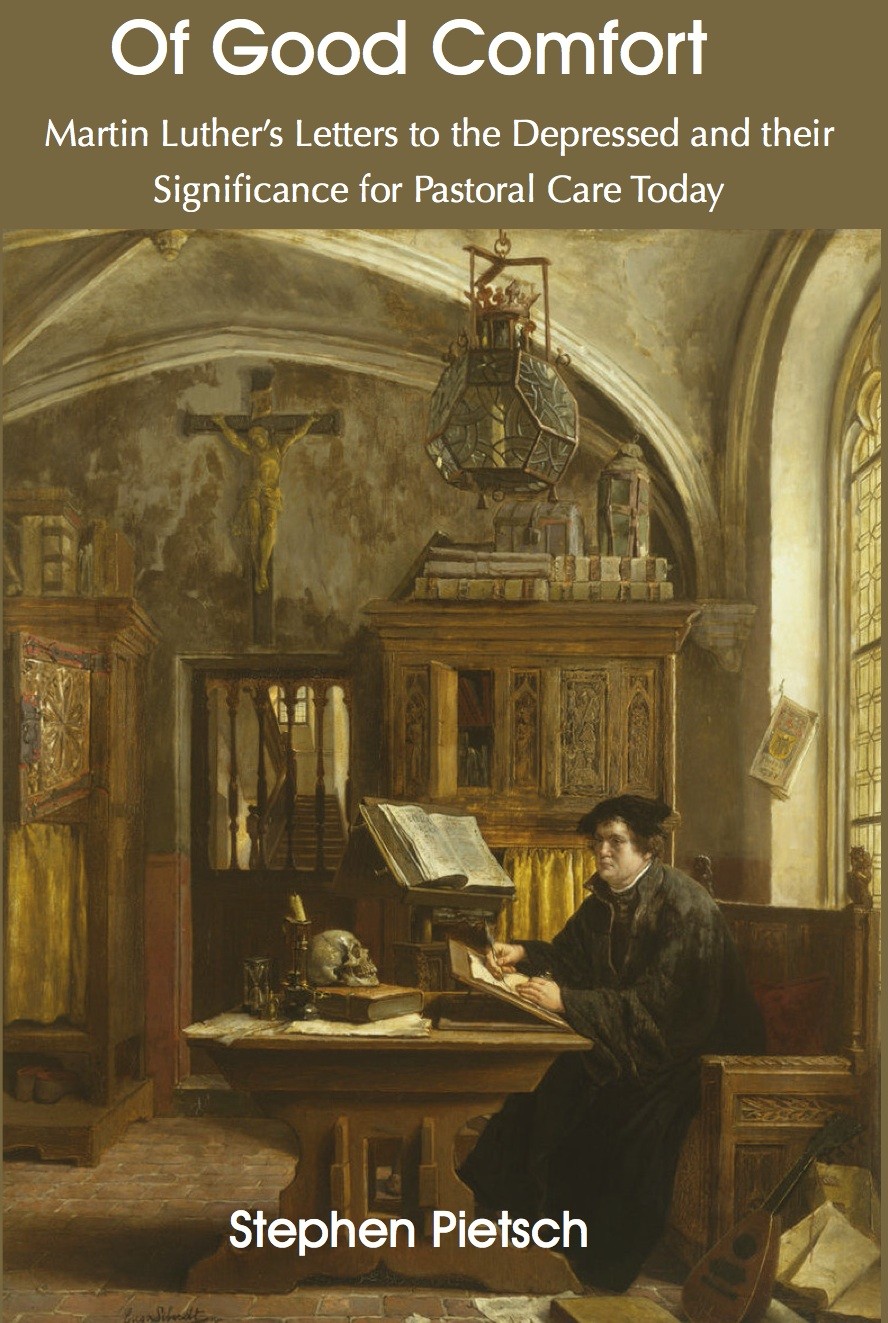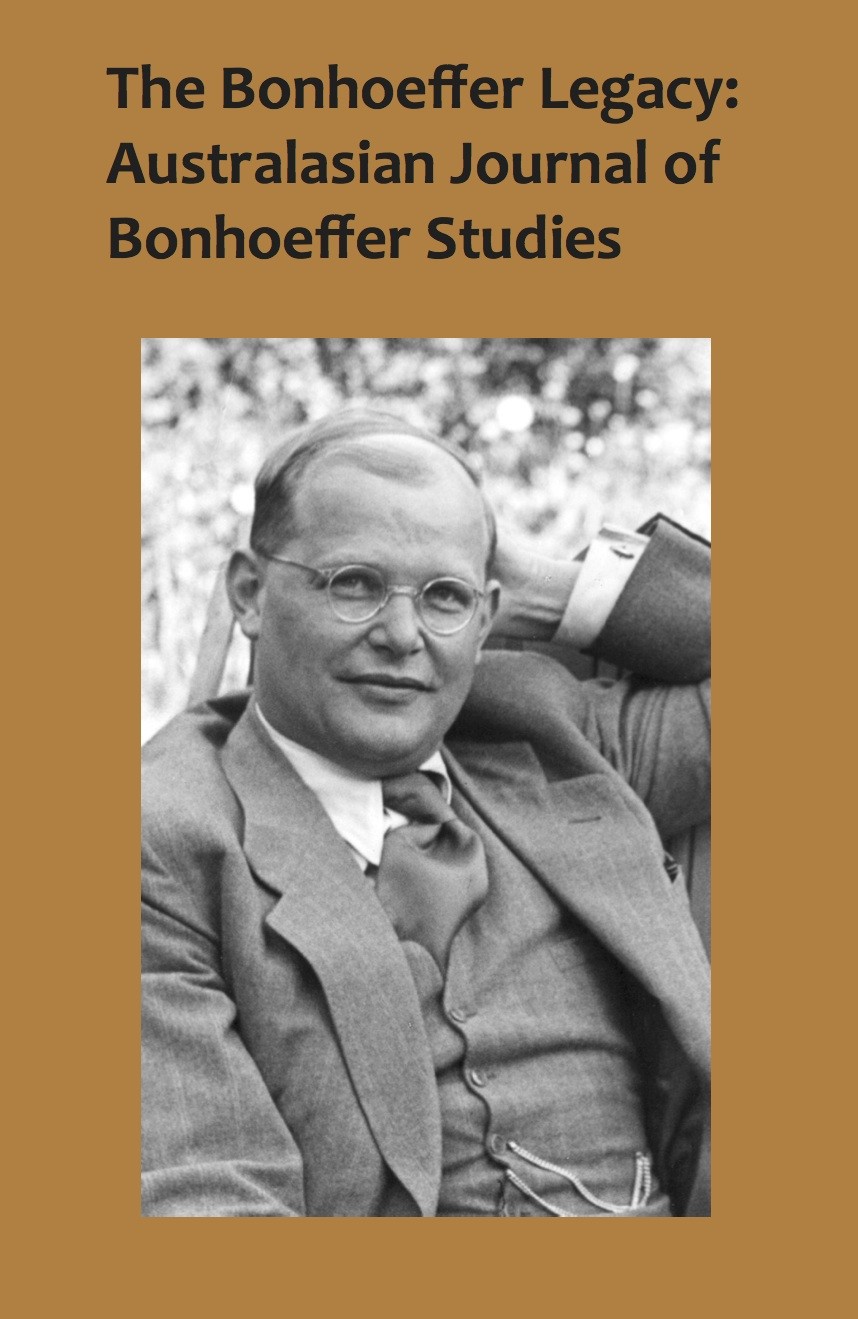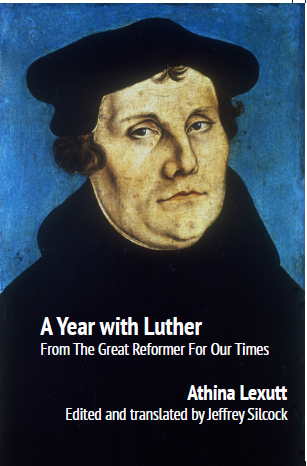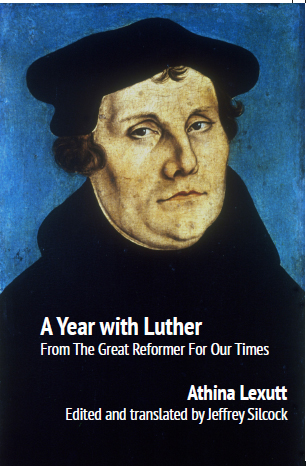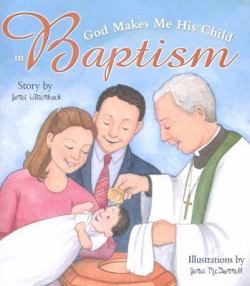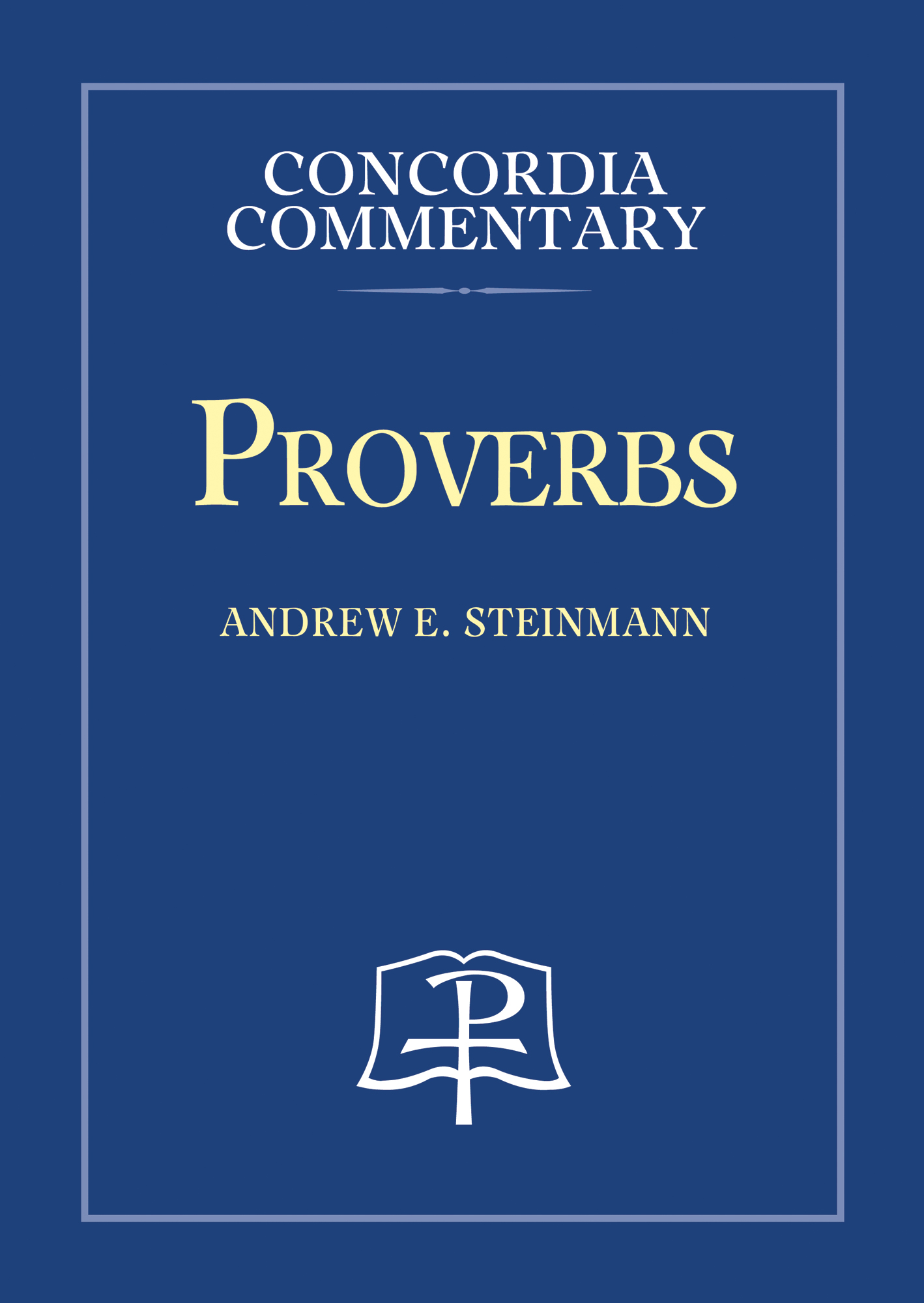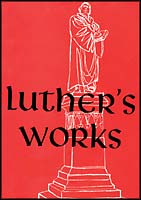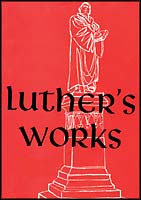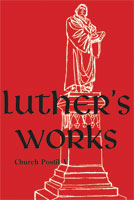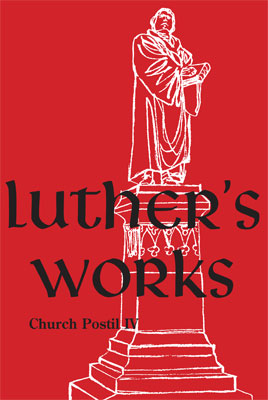This new book by religion scholar Martin Marty, released in time for the 500th Anniversary of the Protestant Reformation, shows how Martin Luther’s insights still speak to the church today about reconciliation, repentance and the need for “a change of heart.” Included are the 95 Theses of Martin Luther.
“The “one thing” that opens these pages relates to and, in fact, is the first of ninety-five theses that were proposed five hundred years ago by Martin Luther…. Here is that first thesis, as it was voiced by that influential monk in Germany half a millennium ago: ÒWhen our Lord and Master Jesus Christ said, ‘Repent’ (Matthew 4:17), he willed the entire life of believers to be one of repentance.”
So, simply put, this book is about “repentance” as a worthy theme for believers to keep in mind if and as they commemorate events of five hundred years ago, events that still shape many features of their lives..” — Martin Marty
Martin Marty’s attention to October 31, 1517, the day that Martin Luther promulgated his 95 Theses, provides valuable insights for the past, the present, and the future–why Luther’s articulation of”repentance” meant so much then, why his commitment to “justification” has now built a bridge for Catholics and Lutherans to work with each other, and why this great event of 500 years ago might herald a hopeful future for Christian believers and all others. There is an awful lot packed readably into this one small book. — Mark Noll, Francis A. McAnaney Professor of History, University of Notre Dame
I would not dream of preparing my mind and heart for the celebration of Luther’s role in the Reformation without finding out what Martin Marty has to say on the subject. And he says it here in this wonderful little book. The gifted historian that he is, Marty gives us much solid information. But he also writes eloquently about how best to prepare our souls for the kind of commemoration that also includes some prayers of repentance. —Richard Mouw
This pithy book offers valuable insight on how Luther’s 95 theses have had a profound influence on he ecumenical movement, and can help Christians today understand what it means to be a member of a truly “catholic” church. —Kathleen Norris

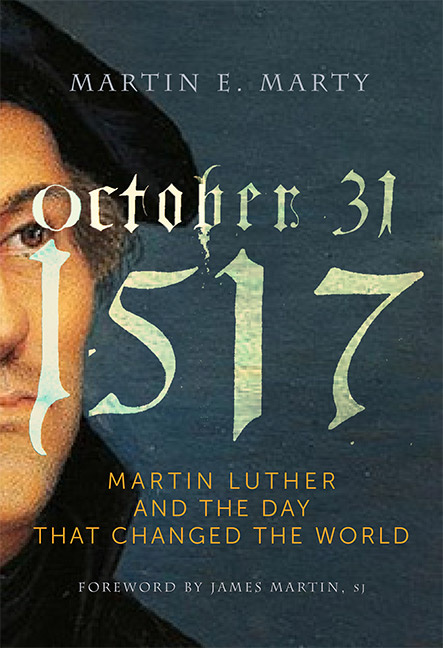
 Back
Back
